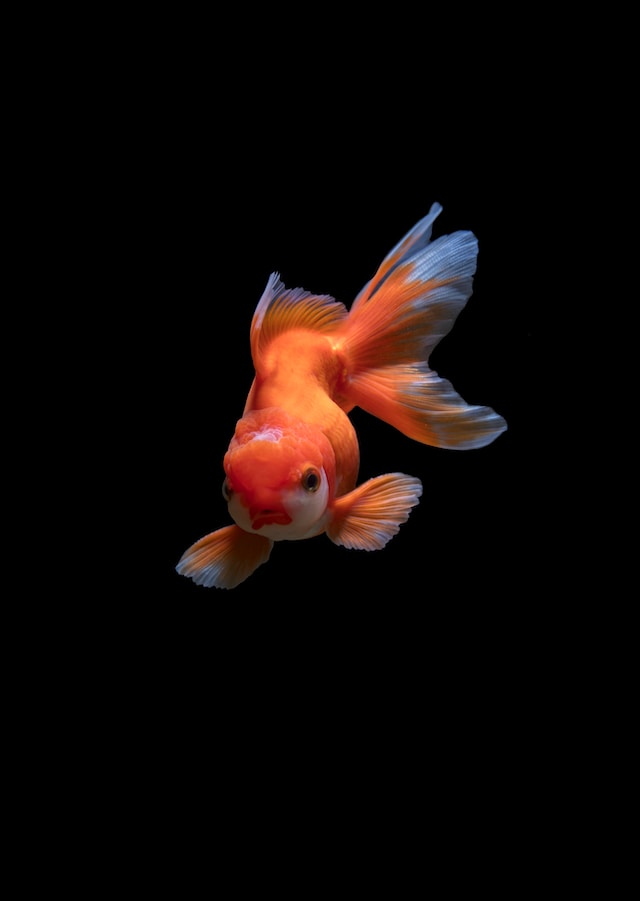Our father carefully lifts us out of our beds and carries us along the narrow hallway, down the stairs and out the back door. We’re slung over his shoulders in our matching blue-striped pajamas, Joel’s long skinny legs dangling free, me a neater fit, smaller and more compact. Joel’s four, I’m two. We’re living with our mother in the rented house on Maple Street, the one with the tire swing in the front yard that’s the envy of the whole neighborhood. In a few hours she’ll wake up, find us missing, call the police, and everything will fly to pieces. In three months our father will be gone for good. But right now it’s all adventure and anticipation because he tells us today is a special day—the dragon is taking the white knights for a ride.
He sets us up in the front seat of his pickup truck. There are no car seats, no seat belts. We bounce with every bump, slide to the door on hard right turns, crash into and off of one another. He flashes his headlights to show us the fire coming out of the dragon’s mouth and swerves back and forth to demonstrate the powerful sway of the beast’s tail. I’m crying but Joel is hooting with joy, begging the dragon to go faster, faster, faster.
Once we leave the crooked back roads and hit the long, dark highway it’s as if our bodies suddenly remember it’s the middle of the night and shut down completely, our limbs tangled with the other’s and our father’s hunting jacket thrown over us for warmth. We wake up as the sky starts to lighten and the truck comes to a clanking stop in front of a long, low building with an endless row of ordinary white doors, one after the other, each one marked with a big brass number. The door right in front of us opens, number seven, even I know how to read numbers, and a woman comes out. She’s hard to see except for her hair which is so bright blonde it’s almost white and the reflection of something hanging from her neck which glints like gold. Our father passes me through the open passenger side window and the woman juggles me in her arms as we go inside.
“Jesus Christ, don’t drop him,” our father says, trailing right behind with Joel.
It’s an ordinary motel room, brown carpet and rose-patterned wallpaper that’s stained and frayed and peeling at the seams, splitting some of the roses in half. On the two twin beds are piles of presents with bows on top. Next to them sit bowls overflowing with fat malt chocolate balls and glistening caramel corn. On top of a night table that’s been moved to the middle of the room are two identical chocolate cakes with candles. Red, orange and yellow balloons cling to the ceiling. Once we’re all inside and the door is chained and the window shade pulled down, the woman lights the candles and they sing happy birthday to each of us in turn, even though it’s not our birthdays or even close, and afterwards the woman tells us to blow out the candles and make a wish for whatever we want.
Our father points at the cakes. “Go on, dig in, you can eat with your hands.”
“Jack,” the woman says.
“It’s fine, it’s fine, let them enjoy themselves. It’s a party.”
Joel scoops out a handful of cake and jams it in his mouth. I tentatively skim a finger along the surface of my cake, as if the privilege is bound to be revoked and my arm yanked back at any moment. I look over at my brother and he’s got dark frosting circling his mouth, smeared across his cheeks and coating his eyelashes.
“Didn’t I tell you?” our father says to the woman. “Aren’t they something?”
“They’re beautiful,” the woman says.
A few minutes later he says to us, “You know those presents aren’t going to open themselves.”
We jump on the beds and tear open the wrapping paper. It’s the exact same gifts for both of us—a white plastic shield, a silver plastic sword with a slip case that attaches to your belt buckle, and a gray tin helmet with a feather sticking out of the top.
“Long live the white knights!” our father shouts.
Then the woman produces a big white sack and starts pulling out even more treasures, two of everything every time. Two stuffed monkeys. Two diving submarines. Two cans of Play-Doh. After she’s done emptying out the sack, she presses against our father and whispers something in his ear. He grins, walks to the bathroom and comes back holding two half-full drinking glasses, each one showcasing a fat glittering goldfish darting back and forth in the quaking water.
“They’re made of real gold,” our father says. “Now you just have to give them proper names and they’re yours.”
He puts the fish on the table. In the midst of all this bounty I’m suddenly afraid. I don’t know why but I am. My whole body’s shaking. I feel sick and dizzy and petrified. I feel like something terrible is going to happen, or already has. Not Joel. He’s cramming cake into his mouth with one hand, waving his sword high in the air with the other, screaming out the name he’s chosen for his fish.
